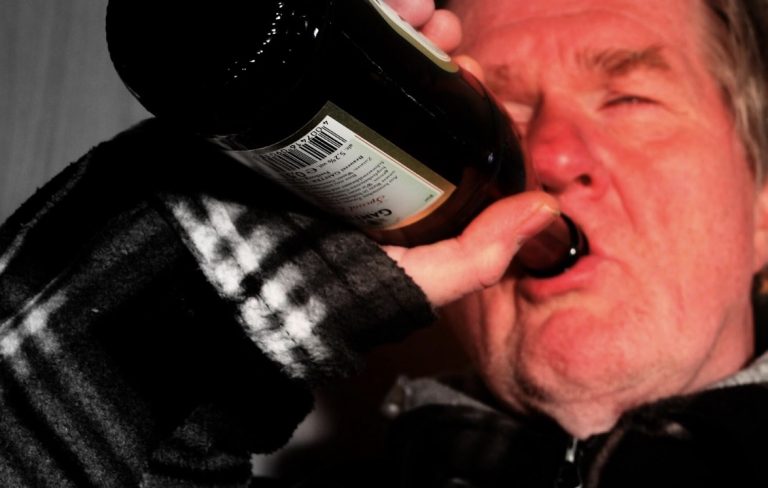Think you can’t get hooked on a drink or two? Think again. The question “How long does it take to get addicted to alcohol?” might seem easy, but the answer can surprise you.
Time can fly when you’re sipping on your favorite cocktail or beer. Before you know it, a casual, once-in-a-while indulgence could transform into a troublesome habit.
Stick with us as we journey down this intriguing path, revealing the timeline of alcohol addiction. Let’s get into it!
Casual Drinking and Experimentation
The start of the journey often seems harmless, a drink here, another there. You’re just having fun, right? Regular social activities might involve a bit of booze.
Maybe you’re trying out different types of alcohol, savoring the flavors, and enjoying the buzz it gives. This stage is what we call casual drinking and experimentation.
But beware, as this is the very soil where the seeds of alcohol dependency can be sown.
Increased Frequency and Tolerance
As days turn into weeks, you might notice that your drinking habits begin to change subtly. The frequency of your indulgence in alcohol starts to increase, maybe even without you realizing it.
Perhaps you begin to enjoy a drink not only during social engagements but also in solitude. This phase signifies an escalated frequency of consumption.
At the same time, you may observe that the same quantity of alcohol that once gave you a buzz now barely affects you. This increased frequency and tolerance are key milestones in alcoholism progression.
Dependency Duration and Loss of Control
As you continue to consume alcohol at an escalated rate, your body starts to adjust to its constant presence. It’s at this stage that dependency takes root. You may find yourself needing alcohol:
- to start your day
- to feel normal
- to cope with stress
The absence of alcohol may lead to withdrawal symptoms like shaking, nausea, or anxiety. This is a clear sign of physical dependence.
Simultaneously, you might also lose control over your drinking. You may drink more than you intended or continue to drink despite the harm it’s causing to your personal or professional life.
Understanding how quickly this addiction development occurs is important, as the time to dependence can be frighteningly fast.
End-Stage Alcoholism and Critical Health Risks
At this point, alcohol has likely dominated your life, leading to critical health risks. This is where chronic diseases become real threats. This stage is also marked by a pervasive loss of control over drinking.
Understanding these risks underlines the importance of seeking help before reaching this stage of alcohol addiction. It’s never too late to turn your life around and seek help. The earlier you do it, the better your chances for recovery.
In an Americasrehabcampuses.com article, experts highlighted the recovery timeline for alcoholism to gradually reverse. So it’s crucial to recognize the warning signs and seek help before it’s too late.
How Long Does It Take to Get Addicted to Alcohol on Average
Going through this journey, we can see that the road to alcohol addiction isn’t a sudden drop. It’s a gradual slide that can easily be overlooked. Knowing “How long does it take to get addicted to alcohol?” is a deeply personal timeline influenced by several factors.
Each person’s experience is unique, making it imperative to remain vigilant about your consumption habits. So if you or someone you know may be struggling with alcohol addiction, seek help immediately. There’s always a way back, no matter how dire the situation may seem.
Did you find this article helpful? Check out the rest of our blog now!



0 Comments